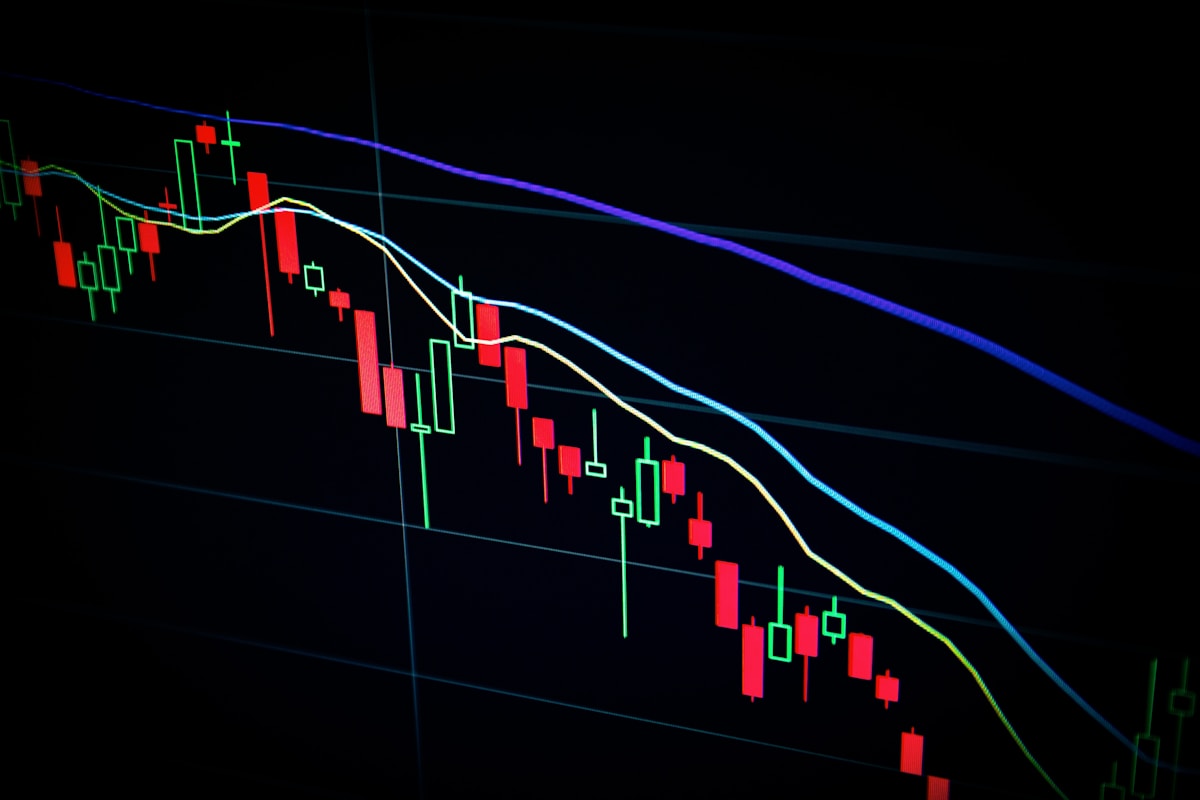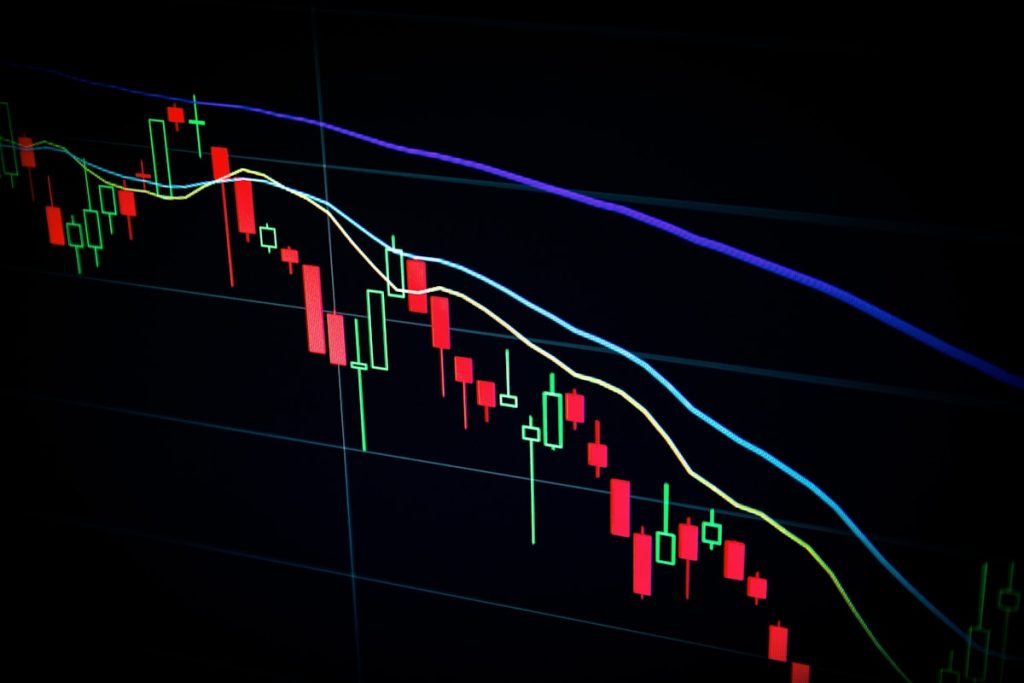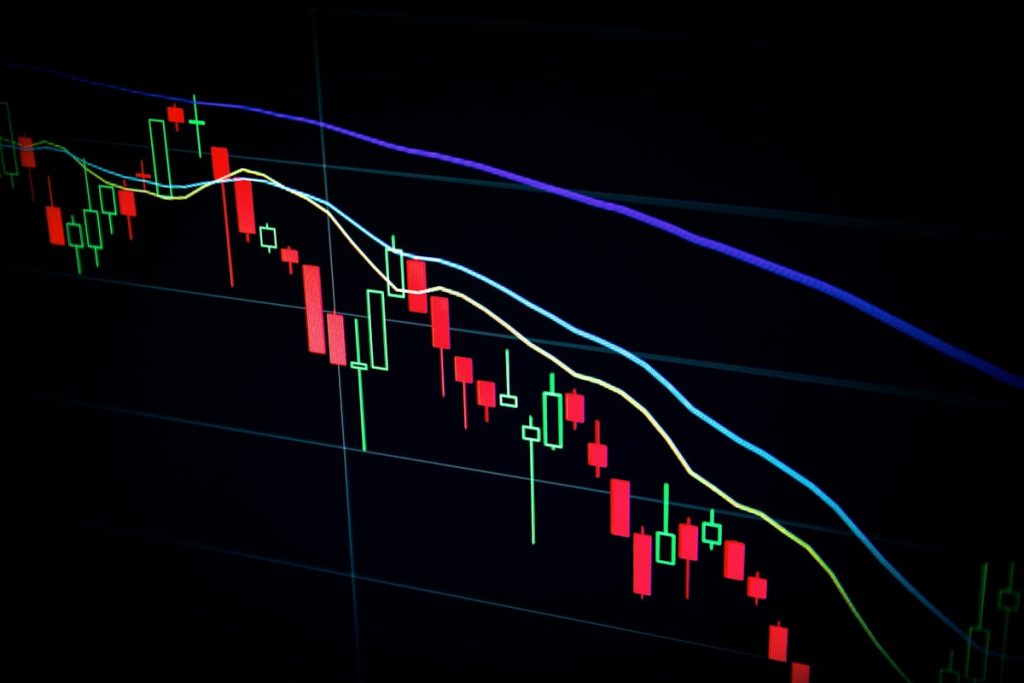Stocks Close Lower Amid Trump’s New Tariffs and Weak Jobs Data
U.S. stock markets ended the week in negative territory as investors reacted to the dual pressures of former President Donald Trump’s proposed tariffs and a weaker-than-expected jobs report. The S&P 500 fell 1.5%, the Dow Jones Industrial Average dropped 2%, and the Nasdaq Composite declined 1.8%, marking one of the worst weekly performances in 2023.
Impact of Trump’s Tariff Proposal
Markets slumped after Trump announced plans to impose a 10% across-the-board tariff on imported goods if re-elected, reigniting fears of a global trade war. Sectors reliant on international supply chains, including automotive, technology, and consumer goods, saw sharp declines. Companies like Tesla, Apple, and Walmart fell 3-4% amid concerns over higher input costs and reduced profit margins.
- Automotive Stocks: Ford and General Motors dropped 5% and 4.7%, respectively.
- Tech Sector: Semiconductor stocks, including NVIDIA and AMD, fell over 3%.
- Consumer Discretionary: Retail giants Target and Home Depot declined 2.8%.
Weak Jobs Report Adds to Economic Concerns
The Labor Department’s October jobs report further dampened sentiment, showing nonfarm payrolls increased by only 150,000—below the expected 180,000. The unemployment rate rose to 4.0%, up from 3.8% in September, while wage growth slowed to 0.2% month-over-month. Analysts cited labor market cooling as a sign that the Federal Reserve’s rate hikes may be curbing economic activity more aggressively than anticipated.
Investor Sentiment and Market Reactions
Traders shifted toward safe-haven assets, driving gold prices up 1.2% and the U.S. dollar index higher by 0.8%. Bond yields fell, with the 10-year Treasury note dropping to 4.5%. Market volatility, as measured by the VIX index, surged 15% to its highest level since March. “The combination of trade uncertainty and softening labor data has investors questioning the ‘soft landing’ narrative,” said Jane Collins, chief strategist at Alpine Capital.
Mixed Analyst Views on Future Policy
While some analysts argue the weak jobs report could prompt the Fed to pause rate hikes in December, others warn that persistent inflation and trade risks may force tighter monetary policy. “The Fed is walking a tightrope between growth and inflation,” noted Michael Chen of Horizon Investments. “Tariffs could exacerbate price pressures, complicating their decisions.”
Looking Ahead
Investors will monitor upcoming CPI data and Fed Chair Powell’s speech for clues on interest rates. Meanwhile, political focus remains on the 2024 election cycle, with Trump’s tariff proposal likely to remain a market volatility driver. “The stakes for trade and fiscal policy are rising,” said economist Laura Perez. “Markets hate uncertainty, and we’re drowning in it.”



